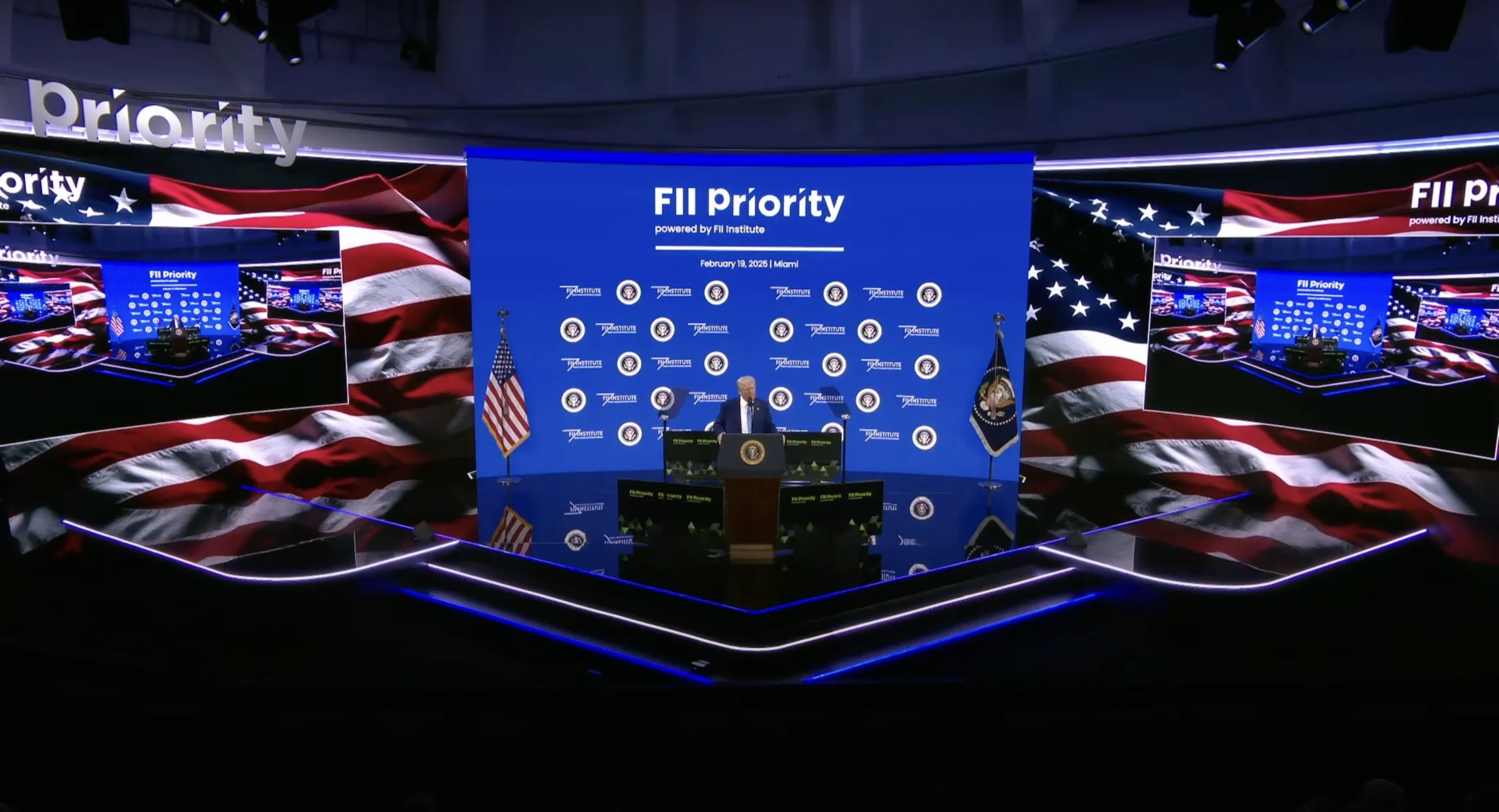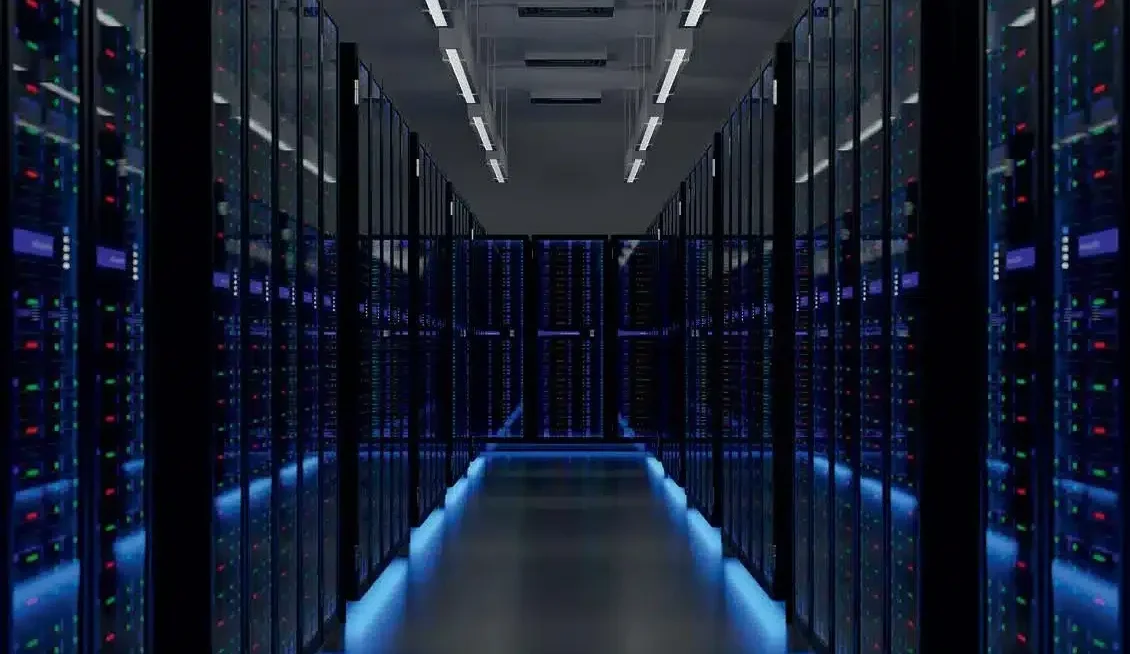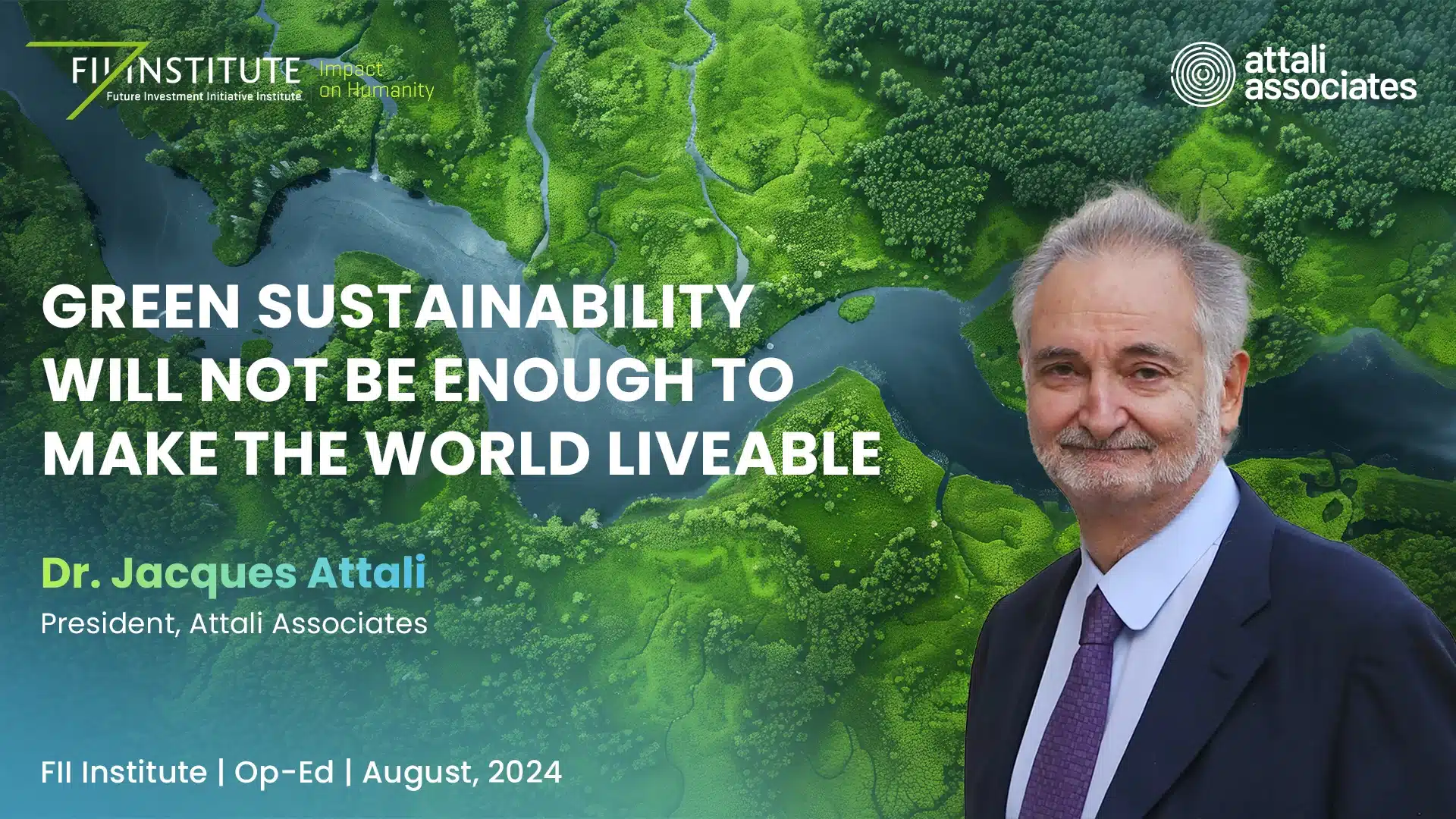In the rapidly evolving landscape of environmental stewardship within the tourism sector, we are seeing how technology and artificial intelligence are reshaping the industry’s approach to sustainable practices. It’s not just a trend; it’s a seismic shift in thinking to put safeguarding the natural world around us at the core of the industry’s DNA.
At the forefront of this transformation is Red Sea Global’s commitment to regenerative development through our tourism projects along the Red Sea – celebrated for its thriving coral reefs and abundant marine life. We have taken on the responsibility to be pioneers in regenerating the marine and terrestrial ecosystems in our care.
We understand that effective, forward-thinking decisions about sustainable practices demand comprehensive data utilization. By harnessing the power of data, the industry gains insight into environmental impact, optimizes resource allocation, and cultivates sustainable practices. This approach fosters agility, responsiveness, and resilience in the face of dynamic environmental shifts.
Red Sea Global’s initiative to install 25,000 IoT devices and sensors across The Red Sea for environmental monitoring, and using AI technology to process all that data into actionable insights, is one example of how we’re integrating technology with the environment to help us enhance it over time. Another example is our passion about marine ecosystems, which lead us to launching the first-even seagrass transplanation program in the Red Sea to restore a variety of species at our Red Sea and Amaala destinations.
This integration of data and technology is fundamental to paving the way for a sustainable and responsible future. The commitment to environmental enhancement through technology and data-driven decision-making is paramount in shaping the industry’s trajectory. The tourism industry can’t settle for only maintaining the status quo, we must do more to give back and improve our destinations for future generations to enjoy.





